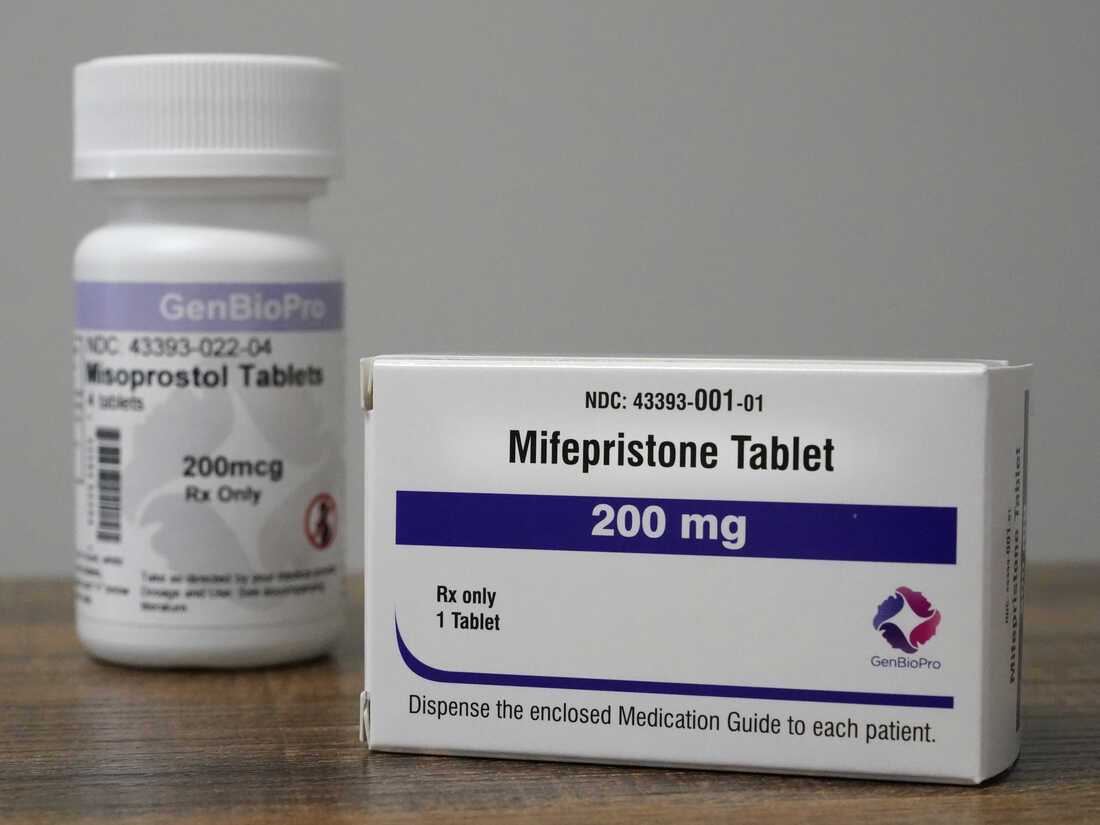By Destiny Uko
In Nigeria and across the world, abortion remains a sensitive subject. About 73 million induced abortions are carried out each year, according to the WHO.
Despite strong regulatory cautions and cultural restrictions, abortion pills remain a common method for eliminating unwanted pregnancies. These pills, however effective, may come at a cost, especially to internal organs in the body.
To get a full grasp of the hazards, it is essential to examine what these pills are made of, how they work, and the life-endangering consequences of using them without medical prescription.
Most abortion tablets commonly used today contain Mifepristone and Misoprostol.
Mifepristone acts by blocking progesterone, a pregnancy hormone, causing the uterine lining to break down. Misoprostol then contracts the uterus to expel the pregnancy tissue.
Administered under medical supervision, this drug combination is safe and efficacious, especially for pregnancies within the first trimester.
However, in Nigeria, many women and girls access these drugs through unregulated vendors, often with little or no knowledge about proper dosage, timing, and potential complications.
One notable danger of using abortion pills arbitrarily is incomplete abortion. In this instance, the uterus does not expel the pregnancy tissue mostly because of wrong dosage or gestational age problem.
This could culminate in excessive bleeding, severe pain, or infection. In extreme cases, the woman may require a surgery to evacuate retained tissue or face the risk of infertility or even death.
Hemorrhaging, or uncontrolled bleeding, is another significant risk. A woman based in a remote area with limited access to emergency healthcare may lose an unhealthy amount of blood if she takes abortion pills without a doctor’s prescription.
Akin to this is sepsis, a life-threatening blood infection that emerges when bacteria from retained pregnancy tissue invade the bloodstream. Without quick intervention, sepsis can alter the functions of the lungs, kidneys and liver.
Repeated abortions may damage the uterus or weaken the cervix, stoking the risks of future pregnancies. Causing injury to the uterine lining can lead to infertility, while an overly enlarged cervix can result in multiple miscarriages.
These long-term hazards are hardly discussed, especially among younger women who are oblivious of the lethal damage of poorly administered pills.
An oft-ignored dimension is the psychological impact of self-abortion or abortion as a whole. A woman who undergoes a self-managed abortion without support may experience guilt, anxiety, depression, or even trauma.
Despite these hard dangers, many Nigerian women continue to turn to abortion pills outside medical advice. The reasons are not unknown—from social stigma to public judgment.
In addition, misinformation and the steep costs of hospital services typically force women to purchase cheaper pills from unverified stores online or at chemists’ shops, which may pose heavy risks. This misinformation is made even worse by the critical absence of formal sex education in schools.
The way forward then, is for women, especially vulnerable women, to have access to timely reproductive health information and judgment-free care.
Non profits like Marie Stopes Nigeria and Ipas are already providing some of this support by offering counselling on contraception and safe abortion methods that comply with international health standards.
A self-managed abortion can be a quick fix to an unplanned pregnancy, but its hazards far outweigh its benefits, leaving a history of infertility, irreparable damage to the wombs or death in extreme cases.
Abortion remains a highly sensitive issue in Nigeria and globally, with around 73 million induced abortions annually, according to WHO. Despite regulatory and cultural constraints, many women resort to using abortion pills, which, if improperly administered, can pose significant health risks. Abortion pills typically consist of Mifepristone and Misoprostol; the former blocks progesterone to break down the uterine lining, and the latter expels pregnancy tissue. Although safe under medical supervision, unsupervised usage, especially common in Nigeria, can lead to severe complications such as incomplete abortion, excessive bleeding, sepsis, and long-term reproductive damage, including infertility and repeated miscarriages.
The lack of formal sex education, coupled with the stigma and high cost of medical services, results in women accessing these drugs from unregulated sources, increasing health risks. Beyond physical risks, women may also face psychological impacts like anxiety and depression. Organizations like Marie Stopes Nigeria and Ipas are attempting to bridge this gap by providing counseling and safe abortion practices compliant with health standards. The article stresses the importance of accessible reproductive health information and non-judgmental care, emphasizing that self-managed abortions carry more risks than benefits, risking long-term health consequences or even death in severe cases.






